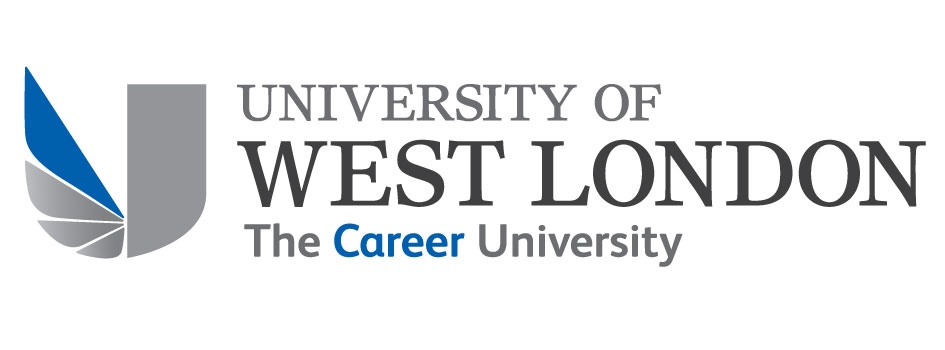Student emotional engagement in blended-learning – A qualitative evaluation of teacher perception in Further Education (FE) contexts
Suha Kuttar
School of Human and Social Sciences
Supervisors:
Dr Manzoorul Abedin
School of Human and Social Sciences
Dr Mike Mimirinis
School of Human and Social Sciences
Flipped learning, an instructional strategy where students engage with new content at home and apply it during classroom activities, is rooted in constructivist educational theory. This method empowers students to construct their own knowledge independently, leveraging their foundational understanding. Additionally, flipped learning fosters peer tutoring and collaborative interactions, preparing students for in-depth in-class explorations. By initially exposing students to content independently and subsequently facilitating deeper engagement through complex scenarios in the classroom, flipped learning reinforces and consolidates knowledge. This approach also enhances literacy skills as students navigate online resources to comprehend topics and improves digital literacy using various digital platforms.
This study introduces a Smart Blended Learning solution designed to enhance student success by integrating flipped learning materials curated by teachers on Microsoft Teams and supplemented by ChatGPT. Data on student performance will be collected and analysed to identify factors influencing academic outcomes, demonstrating how the combination of flipped learning strategies and artificial intelligence can optimise student performance. This Flipped Learning Solution not only enhances digital literacy, an essential employability skill, but also develops interpersonal skills through peer collaboration. These competencies are vital for navigating digital environments in the workforce and contribute significantly to academic growth and development (Guerrero, 2021; Cejudo, 2015).
By presenting empirical evidence and practical applications, this paper aims to highlight the effectiveness of blended learning environments in fostering essential skills and improving academic performance, thereby offering valuable insights for educators and researchers in the field of educational technology.

